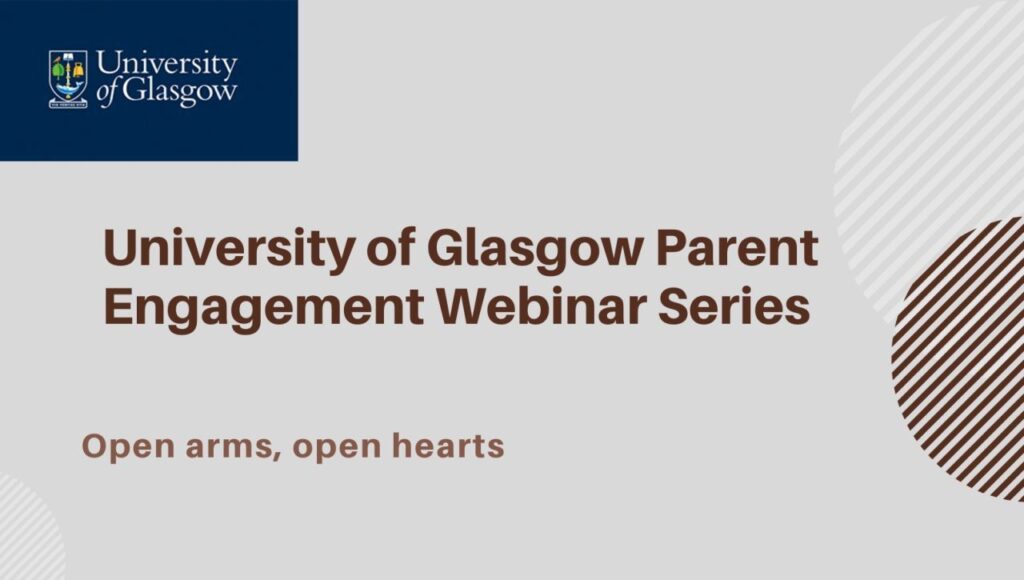Microcredentials: shaping their future together

Table of Contents
The European Alliance for Microcredentials
Parents International joined the European Alliance for Microcredentials last autumn. The initiative was a result of the MicroVET project aiming to promote a relatively recent type of certification of short periods of learning. With the project coming to an end this month, a final event that was also the first in-person meeting of the members of the Alliance was held on 21 May in Brussels. The participants decided for the European Alliance to become the European branch of the newly established World Alliance for Microcredentials (WAM). Our Director was also invited to join the Scientific Advisory Board of this global initiative.
Introducing Microcredentials
Microcredentials – quality assured certificates reflecting the learning outcomes of short courses, be them online of offline – are surely part of the future of vocational education and adult education in general, including the professional development of people with university degrees (e.g. teacher training). It is becoming more an more relevant in inclusive formal education. For Parents International this approach is relevant for three reasons:
- It is a possible format for teacher training in fields that we provide trainings in,
- It is a possibility for parents to have their skills gained through parenting to be certified and it can help parents, especially mothers to (re)enter the labour market, and
- It can support tailored solutions also for our children in a truly inclusive approach to formal education if microcredentials gained in topics they are interested in are recognised as a step towards their school workload.
Launching the Initiative
The European Alliance for Microcredentials was initiated by the MicroVET consortium and was launched during the European Vocational Skills Week in 2023. The first members, the partners of the project were quickly joined by other members like us, but also the organisations of the vocational providers at European level. Later, the Alliance membership has been widened to include different provider organisations as well as actors in the recognition of microcredentials. You can find a regularly updated list here.
Apart from working together as an advocacy group, the Alliance also offers a quality-assured platform for (mostly) online courses leading to micro-credentials provided by its members in various languages.
The event in Brussels took stock of the work done during the project and also made crucial decisions on the future and sustainable operations of this collaboration. Originally three solutions were outlined in the strategy of the Alliance: a loose network with a coordinator, a project-based approach to future collaboration or a legal entity. At the same time, since the launch, the Alliance has negotiated – initiated and supported by the European Commission DG Employment, Social Affairs and Inclusion – with a similar global initiative that will also offer a solution for sustained operations. By the Brussels event, the global initiative had been established as a legal entity, WAM.
More about WAM
Do you want to know more about WAM and the European Alliance? All you need to do is clicking on the following links:
The MicroVET platform also features some microcredential courses developed in Parents International projects and they are presented by the project coordinator, our regular partner, the European School Heads Association. The courses offered are delivered both in English and in Hungarian .







